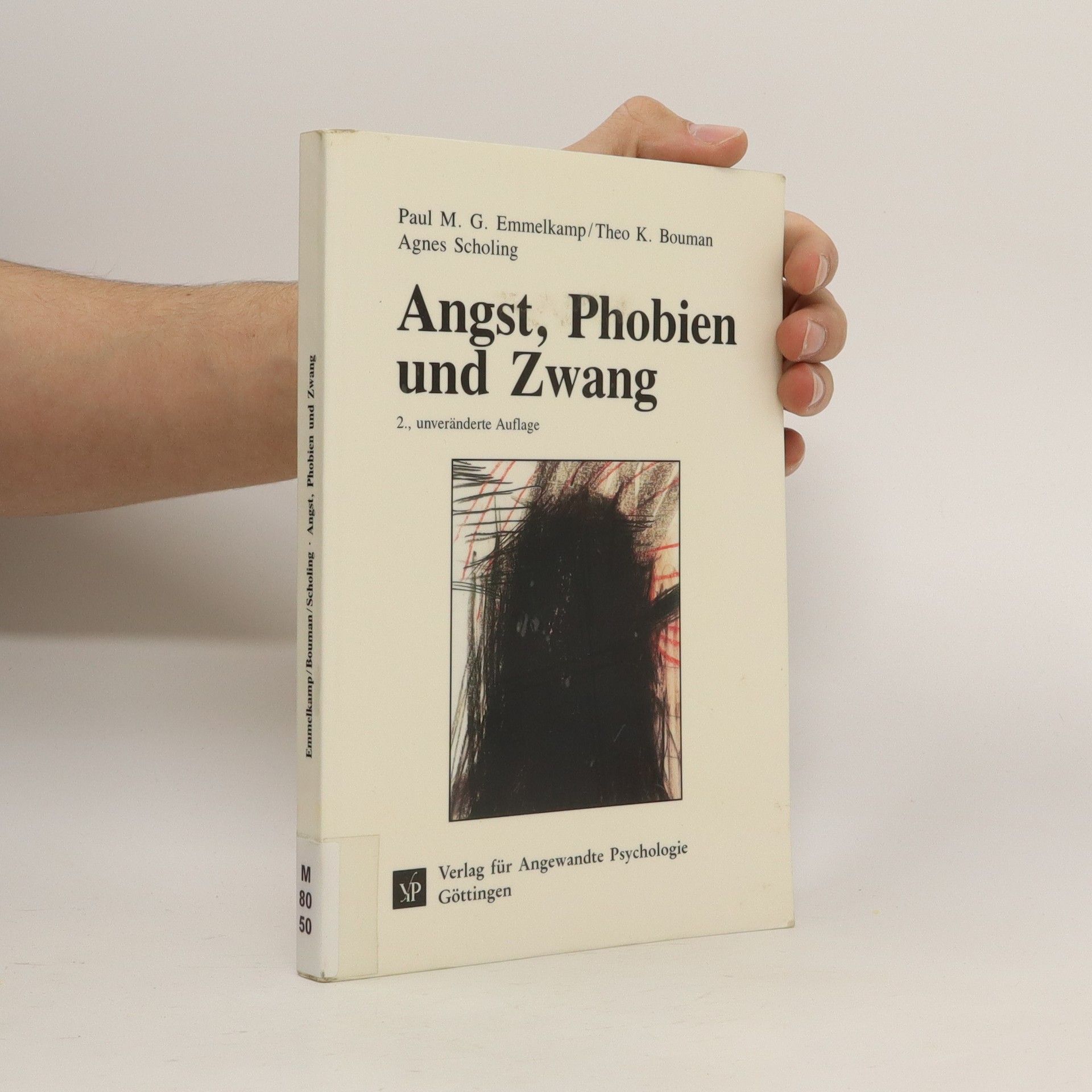Practical Clinical Guidebooks Series: Evidence-Based Treatment for Alcohol and Drug Abuse
- 290 stránek
- 11 hodin čtení
Evidence-Based Treatments for Alcohol and Drug Abuse encompasses the developments in the field over the last decade, blending theory, techniques and clinical flexibility. Research in the past decade has shown that substance abuse and substance dependence are treatable. The field has witnessed the introduction of evidence-based psychological and specific pharmacological treatments. Unfortunately, many of the empirical supported therapies for addictions are still not widely applied by practitioners. The third volume in the Practical Clinical Guidebooks Series (PCG), Evidence-Based Treatments for Alcohol and Drug Abuse , defines the characteristics, classification, and prevalence of substance use disorders, and provides the clinician with practical guidelines applicable across a variety of treatment settings and patient groups. Drawing on the recent research in the field, the authors provide the practicing clinician and student with an up-to-date understanding of the epidemiology, etiology, course and prognosis of substance abuse disorders that would be relevant to clinical practice. In addition to describing phenomenology and etiology, the book provides a comprehensive guide to the assessment and treatment of DSM-IV-TR substance abuse disorders (SUDs), including abuse and dependence of alcohol, stimulants, opiates, hallucinogens, cannabis/marijuana, sedative, and party drugs.


